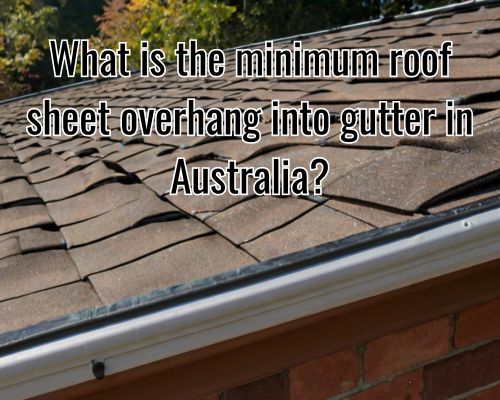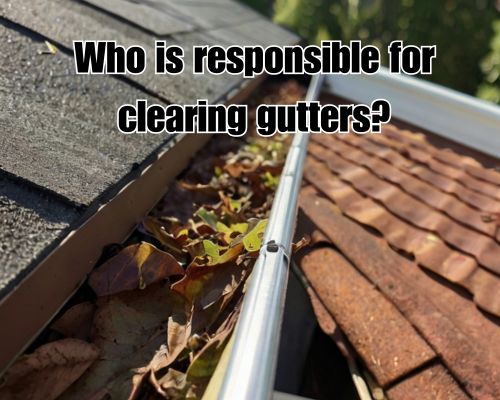
Do Plumbers Get Good Money in Victoria, Australia? Do Plumbers Get Good Money in Victoria, Australia?
Plumbing isn’t just about fixing leaky taps or unblocking drains—it’s one of the most vital trades in Australia. But with growing housing demands, aging infrastructure, and skilled labor shortages, a common question on many people’s minds is: Do plumbers get good money in Victoria, Australia? The answer, quite frankly, is yes—and it’s backed by hard data, market demand, and industry trends.

With Plumber Warragul, we’ll break down plumber income levels across Victoria, explain what factors influence their earnings, highlight the differences between various types of plumbing jobs, and provide context on why this trade is not just essential, but also financially rewarding.
The Average Plumber Salary in Victoria
According to industry reports from SEEK and Indeed, licensed plumbers in Victoria earn between AUD $70,000 to $110,000 annually, depending on experience, specialization, and location. For those running their own plumbing businesses, annual earnings can exceed AUD $150,000—especially in higher-demand areas like Melbourne, Geelong, and Ballarat.
This income is substantially higher than the national median wage in Australia, which hovers around AUD $65,000. For apprentice plumbers in Victoria, the starting salary may be lower—typically AUD $40,000 to $50,000 per year—but the progression curve is steep, especially once they gain licensing and real-world experience.
What Factors Impact a Plumber’s Earnings?
1. Licensing and Qualifications
In Victoria, plumbers must be registered with the Victorian Building Authority (VBA). Licensed plumbers, especially those holding advanced specializations like gasfitting, roofing, or drainage, command higher fees and broader job access. More licenses = more jobs = more money.
2. Type of Plumbing Services Offered
Not all plumbing jobs are created equal. Some of the highest-paying specializations include:
- Gas Fitters: Often earn 10–20% more than general plumbers.
- Roof Plumbers: In high demand due to Victoria’s seasonal weather extremes.
- Sanitary Plumbers: Essential for commercial and industrial projects.
- Emergency Plumbers: Night and weekend call-outs attract premium rates.
3. Location in Victoria
Earnings vary across regions. Here’s a quick overview:
| Region | Average Annual Salary |
|---|---|
| Melbourne Metro | $95,000 – $120,000 |
| Geelong | $85,000 – $110,000 |
| Ballarat | $80,000 – $105,000 |
| Bendigo | $78,000 – $100,000 |
| Regional Victoria | $70,000 – $90,000 |
In cities like Melbourne, plumbing professionals benefit from a steady stream of residential construction, renovations, and commercial development, which drive demand and wages higher. See Plumber Warragul for more.
Why the Plumbing Industry Pays Well in Victoria
🔧 Shortage of Skilled Trades
Like many other skilled trades, Victoria is facing a plumber shortage. With Australia’s population growth and ongoing housing expansion, this demand-supply imbalance puts upward pressure on wages.
🏗️ Construction Boom
Victoria continues to see massive investment in infrastructure—think West Gate Tunnel Project, Melbourne Metro Tunnel, and regional housing developments. Each of these requires certified plumbing services, particularly commercial plumbers and drainage experts.
💼 Self-Employment and Business Ownership
Many plumbers in Victoria choose to go self-employed after a few years of experience. Owning a plumbing business allows tradespeople to set their own rates, choose high-paying jobs, and scale their income with subcontractors. A solo operator can bill between $80–$120 per hour, while plumbing firms may charge up to $200+ per hour for complex jobs.
Plumbers vs Other Trades: How Do They Stack Up?
When compared to other trades in Victoria:
| Trade | Average Salary |
|---|---|
| Electricians | $90,000 – $115,000 |
| Plumbers | $85,000 – $110,000 |
| Carpenters | $70,000 – $95,000 |
| Bricklayers | $65,000 – $85,000 |
| Tilers | $60,000 – $80,000 |
Plumbers are consistently among the top 3 highest-paid trades in Victoria. The combination of emergency work, specialized licensing, and essential services ensures that their pay stays competitive.
Career Progression: From Apprentice to Master Plumber
The earning potential for plumbers in Victoria is closely tied to experience and accreditation. Here’s what a career path might look like:
- Apprentice (Years 1–4): $40,000–$55,000/year
- Licensed Plumber: $70,000–$100,000/year
- Specialist Plumber (e.g., gas, roofing): $90,000–$120,000/year
- Business Owner or Contractor: $120,000–$180,000/year
- Construction Site Supervisor / Consultant: $150,000+
This structured growth makes plumbing not just a job, but a long-term, lucrative career path.
The Cost of Becoming a Plumber in Victoria
Becoming a plumber isn’t cheap—but it’s a smart investment. Students typically enroll in a Certificate III in Plumbing (CPC32420) through a TAFE institution such as Box Hill Institute, Holmesglen, or The Gordon (Geelong).
The program takes around 4 years, including an apprenticeship. While studying, most apprentices earn on-the-job wages—making it one of the few careers where you get paid while you learn.
Key LSI & Semantic Keywords You Should Know
For SEO and relevance, here are key terms naturally integrated:
- Plumbing salary Victoria
- Trade jobs Australia
- Apprentice plumber wages
- Licensed plumber hourly rates
- How much do plumbers make in Melbourne?
- Plumbing contractor earnings
- Skilled trades income
- Victorian Building Authority license
- Plumbing career path
- Gasfitting plumber Victoria
These LSI and semantically related keywords help ensure the article ranks well in search engines for variations on the core topic.
Final Thoughts: Yes, Plumbers Get Good Money in Victoria
So—do plumbers get good money in Victoria, Australia? The answer is a resounding yes. Not only do plumbers earn well above the average national salary, but they also enjoy job security, self-employment opportunities, and scalable career options.
Whether you’re a student weighing your options or an adult considering a trade change, plumbing offers one of the most rewarding, stable, and lucrative career paths available in today’s market.
And with Victoria’s growth trajectory, now might be the best time to get your wrench in the door. 🛠️💸









